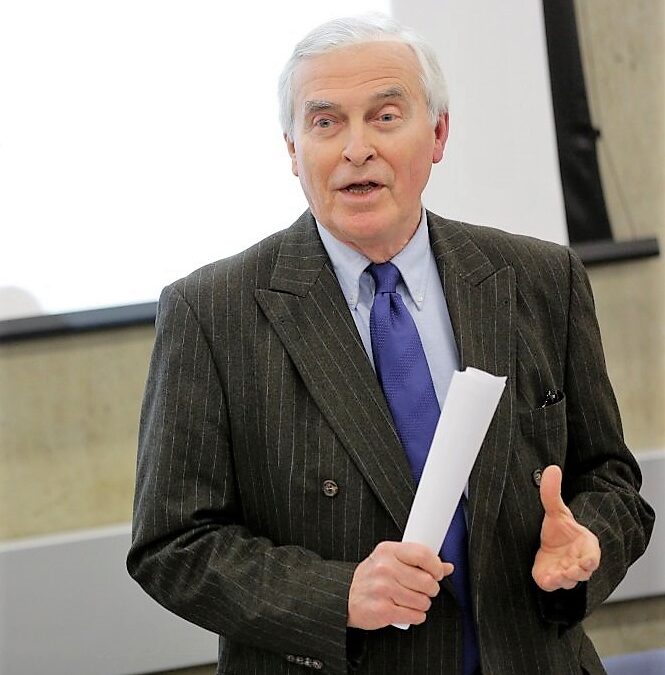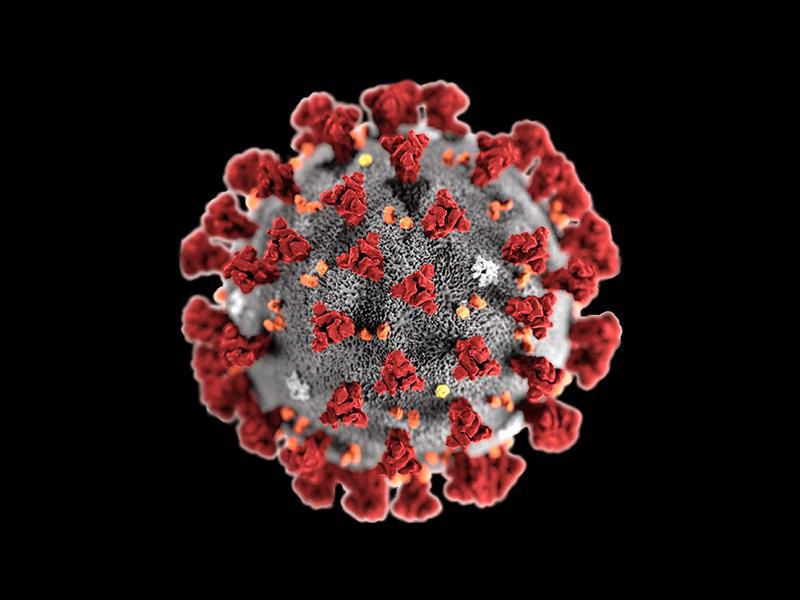
Apr 9, 2020 | Fairness, Open Justice, Rule of Law
There will be an increasing use of ‘remote hearings’ in the courts in England and Wales in coming weeks and months, under existing law, and under new provisions in the emergency Coronavirus Act, agreed by the House of Lords last Wednesday (25 March). But there are...
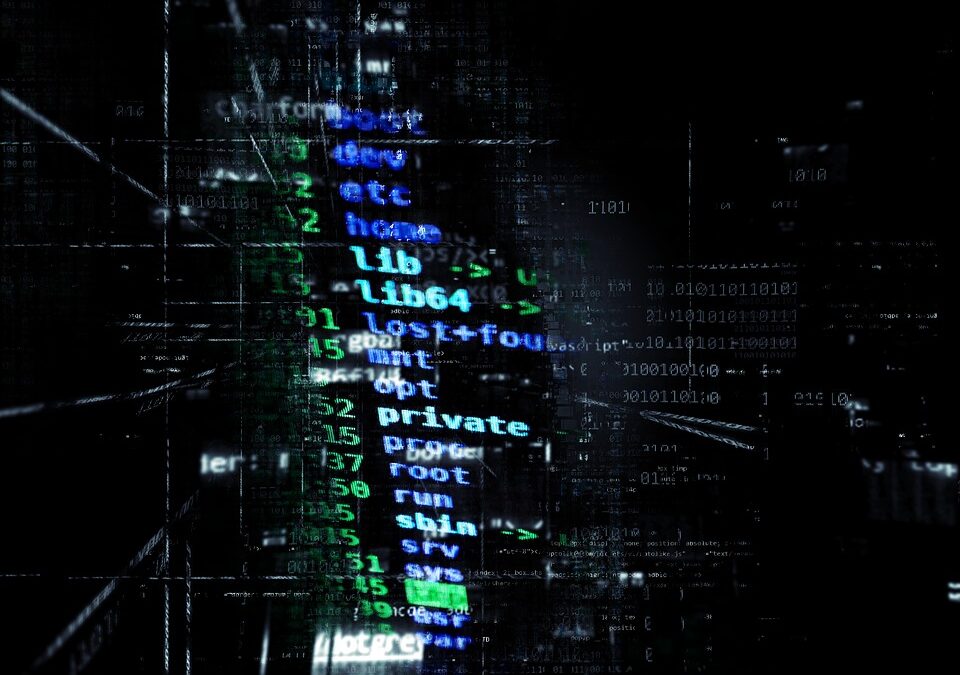
Jul 24, 2017 | Access to information, Fairness
The development of the Internet has facilitated global communications, new online spaces for the exchange of goods and information, new currencies and online marketplaces, and unprecedented access to information. These new possibilities in ‘cyberspace’ have been...
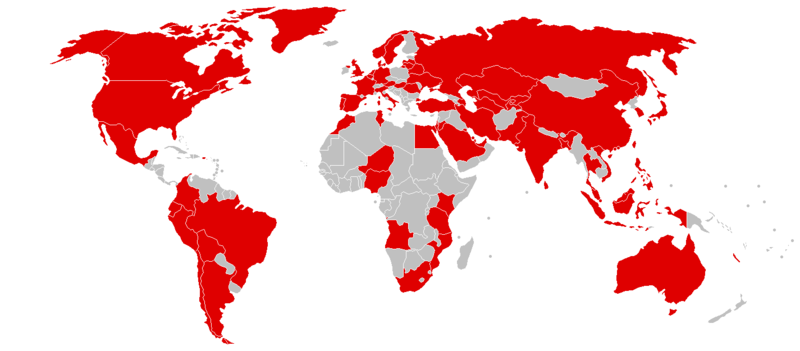
May 24, 2017 | Data Privacy, Fairness
In this guest post, researchers from the Information Security Group at UCL – Steven J. Murdoch, Angela Sasse, Wendy M. Grossman and Simon Parkin – consider what lessons should be learnt after the WannaCry ransomware attack. As researchers who strive to...

May 22, 2017 | Access to justice, Artificial Intelligence, Data Privacy, Fairness, In court
Phonlamai Photo/Shutterstock In this guest post, PhD researcher Christopher Markou, University of Cambridge, explores the use of Artificial Intelligence in the justice system...
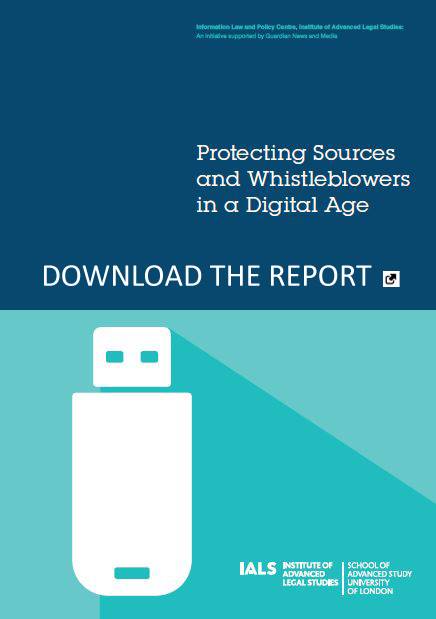
Feb 22, 2017 | Fairness, Freedom of expression, Government policy, ILPC Research and Publications, Journalism, News media
The emergence of an everyday digital culture and the increasing use of legal instruments by state actors to collect and access communications data has led to growing concern about the protection of journalistic sources and whistleblowers. With the support of Guardian...






